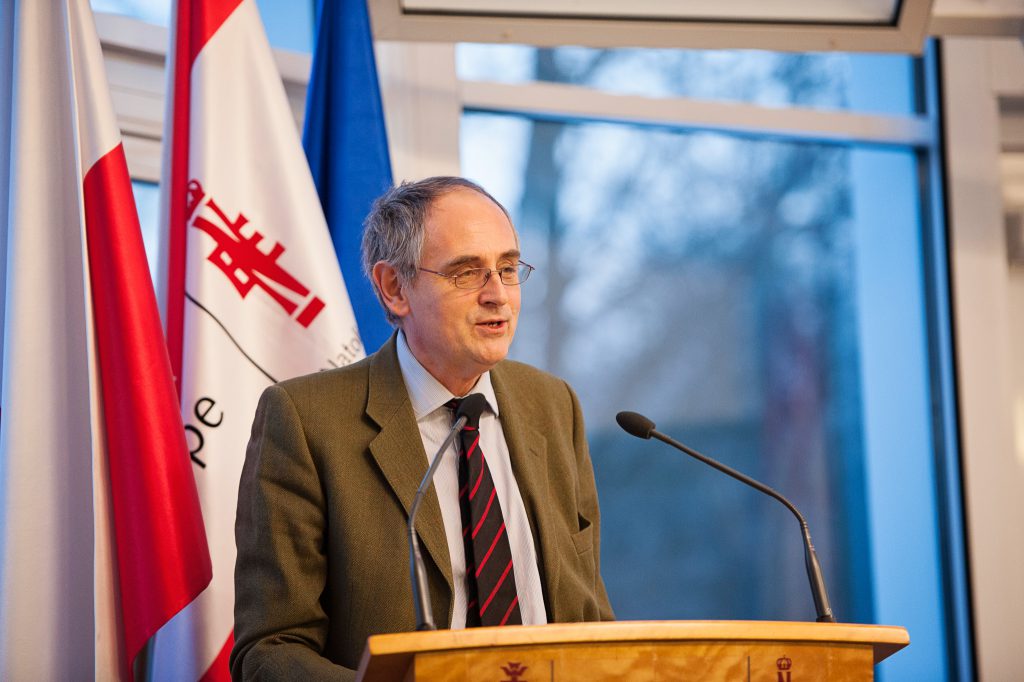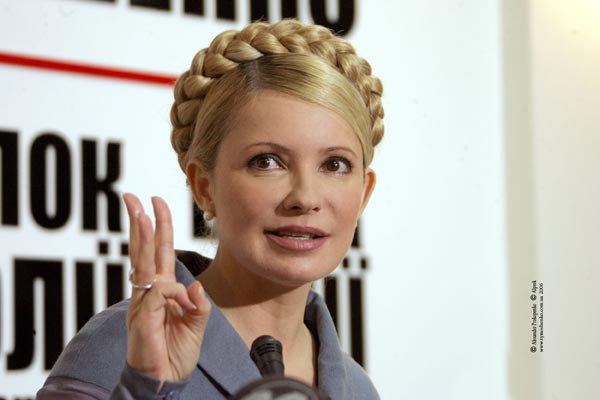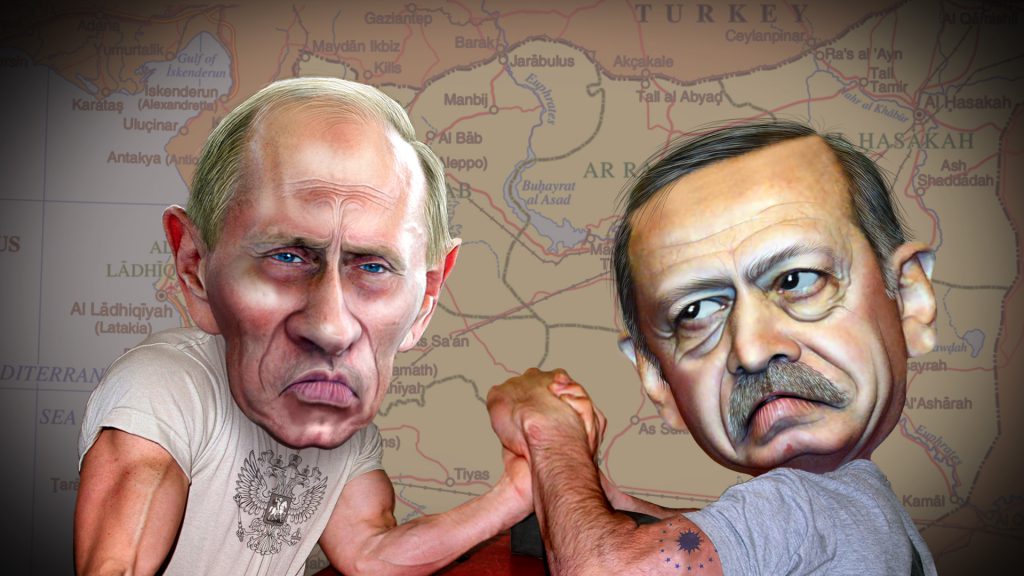Interview with Mr Edward Lucas
The 27th of January Edward Lucas, senior editor at The Economist, visited the College of Europe to deliver a lecture on the current state of media and on journalism. After sharing his experience with the students and answering their questions, he agreed to sit with us for a short interview in which we talked about […]
Interview with Mr Edward Lucas Read More »



